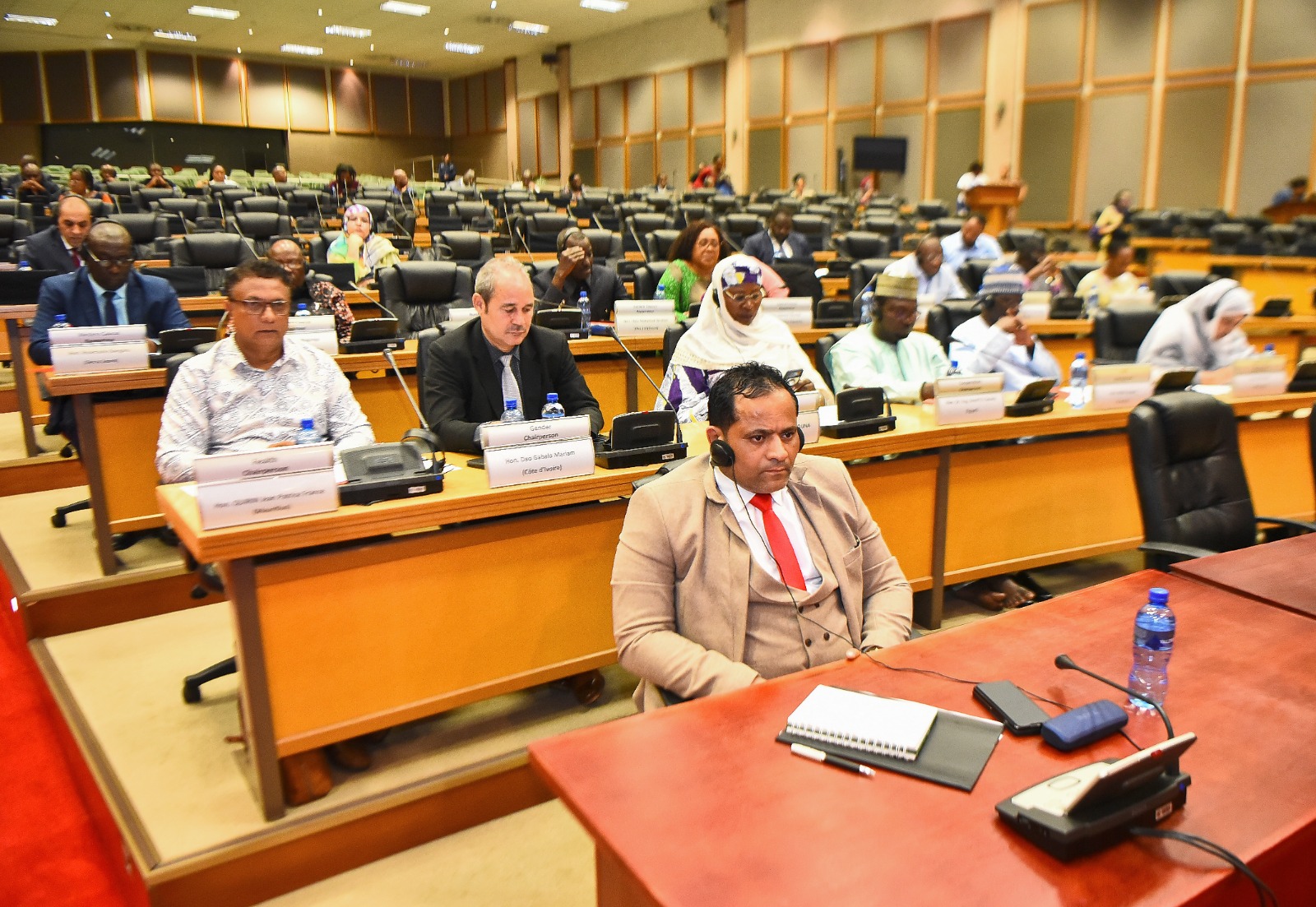|
Getting your Trinity Audio player ready...
|
A climate change expert has said COP 27 was unable to agree on the inclusion on the special needs and circumstances of Africa with the main challenge being that other developing nations are arguing on similarly being recognized for their special needs and priorities, mostly from Latin America.
These were the sentiments of Dr. Mithika Mwenda, the Executive director of the Pan African Climate Justice Alliance (PACJA) in his address to Parliamentarians of the Pan African Parliament who held committee sittings in Midrand, South Africa from the 6th to the 17th of March 2023.
He said among the major outcome of COP27 was the decision to establish a new fund for loss and damage –a fight that has carried over for the last 3 decades. Also topical was that the Operationalization of the Fund was not resolved and needs to be pursued to ensure financial flows to developing countries are achieved to respond to loss and damage through the new funding arrangements
There was progress on the operationalization of the Santiago Network on Loss and Damage via the adoption of terms of reference, agreement on the structure, and launching of the selection process for its host secretariat.
The Sharm El Sheikh Implementation Plan from COP27 includes significant elements for African countries and developing countries in general. There was the recognition of the right to achieve Sustainable Development Goals and eradicate poverty. COP27 affirms the criticality of implementing enhanced and effective climate action and emphasizes the just transition narrative to be inclusive in complex and dynamically challenging global geopolitics.
There is a need to face the contextual African realities of impacts on energy, food, and economic systems with a green and just recovery from the Covid pandemic without excuses to backtrack or de-prioritize climate action.
The COP27 cover decision hammers on the need for immediate, deep, rapid, and sustained emission reductions by 2030 across all applicable sectors through just energy transition partnerships and collaborative actions. There are calls for support for a just transition and diversifying of energy mixes and systems as well as a phase-down of unabated coal power and phase-out of inefficient fossil fuel subsidies while providing targeted support for the poorest and most vulnerable.
Dr. Mwenda said the development of a framework for the global goal of adaptation is to be undertaken through a structured approach under the work programme initiated by the Parties.
“The goal is on reducing the increasingly adverse impacts, risks, and vulnerabilities associated with climate change as well as enhancing adaptation action and support. The development of the framework included cross-cutting considerations, science-based indicators, metrics, and targets, as appropriate, as well as sources of information.
“The doubling of the Adaptation Fund (AF) that was announced in Glasgow did not emerge in the details in COP 27. The decisions in the funding for 100B USD alludes to mitigation and should have focused more on adaptation. On the new collective quantified goal, the Standing Committee on Finance requested to develop and publish a work plan by March 2023. COP28 Presidency is going to organise the 2023 high-level ministerial dialogue on the new collective quantified goal on climate finance. The Standing Committee on Finance will prepare a report on the doubling of adaptation finance for consideration at COP28,” Dr. Mwenda said.
There is sustained pressure on the COP 28 Presidency to influence the needs of frontline communities in Africa. Efforts are being made to ensure the Ambitious Global Goal on Adaptation is adopted in COP28.
There are hopes that Commitments to doubling adaptation finance relative to 2020 levels are secured in COP28. The 4-year Sheikh Joint Work on the implementation of climate action on agriculture and food security is informed by the aspiration of Africa
Among the COP28 priorities is the need for enhancing the effectiveness of Africa’s engagement in negotiations; securing more wins for Africa; and a greater ambition and accountability by the global North in reducing emissions and funding adaptation and loss and damage.






